On the afternoon of November 5, in Hanoi, Deputy Minister Phung Duc Tien chaired the workshop "Reviewing and evaluating the implementation of the Project on developing biological industry in the agricultural sector for the period 2021-2025, with a vision for 2026-2030".
A big step from the laboratory to industrial production
Deputy Minister Phung Duc Tien affirmed that agricultural biotechnology is not only a pillar of modern agriculture but also a strategic solution to improve productivity, quality and production efficiency, while contributing to environmental protection, developing a green economy and a circular economy. Applications in breeding, biological products, animal nutrition, plant protection and environmental treatment have brought about remarkable results, helping Vietnamese agricultural products increase their value and affirm their position in the domestic and international markets.
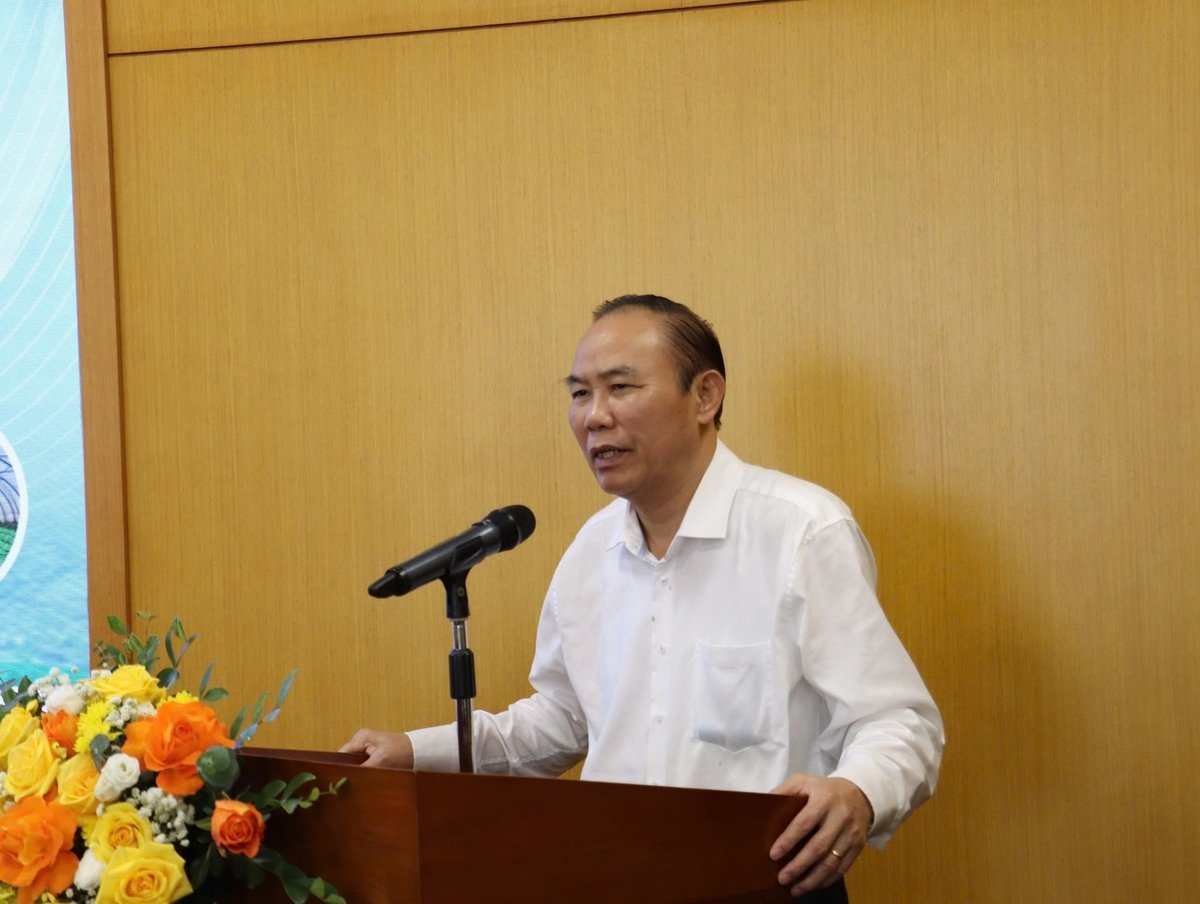
Deputy Minister Phung Duc Tien affirmed that agricultural biotechnology is the pillar of modern agriculture. Photo: Nguyen Thuy.
According to the report of the Department of Science and Technology, the period 2021-2025 recorded a strong step forward in the agricultural biotechnology industry, marking a shift from basic research to large-scale practical application. During this time, the industry has deployed 38 science and technology tasks and approved 11 new tasks, focusing on 5 key areas: cultivation, forestry, animal husbandry - veterinary, aquaculture and plant protection.
In cultivation, scientists have mastered many advanced techniques such as CRISPR/Cas9 gene editing, tissue culture, and directed mutation, creating a foundation for breeding highly adaptable crop varieties. A series of salt-tolerant, brown planthopper- and blast-resistant rice varieties have been developed, along with 10 first-generation transgenic corn and soybean lines being tested. In particular, 4 varieties of Phalaenopsis and Dendrobium orchids bred by domestic research institutes have been announced for circulation, supplying more than 2 million commercial plants to the market, contributing to the expansion of the high-tech agricultural sector.
In forestry, more than 4 million triploid acacia and eucalyptus trees that meet national standards have been produced; at the same time, 4 genetically modified eucalyptus hybrid lines for fast growth and long wood fibers have opened up new development directions for the paper and biofuel industries.
In the field of livestock and veterinary medicine, Vietnam has successfully cloned the rare I pig breed with 14 cloned females, 9,000 blastocysts and 5,000 doses of cloned sperm, and at the same time produced bacteriophage preparations to prevent and treat intestinal diseases caused by Salmonella and E. coli in poultry.
In aquaculture, the G5 pangasius strain and 10,000 reserve fish have been selected and bred; many biological products for treating shrimp farming environment and biological products from seaweed, crabs and swimming crabs have been commercialized, contributing to improving the quality of Vietnamese aquatic products.
“These results not only demonstrate Vietnam’s research and innovation capacity, but also show a strong shift from “laboratory research” to “industrial-scale applied production”, gradually forming a complete agricultural bio-industrial value chain”, Deputy Minister Phung Duc Tien emphasized.
Connecting knowledge, spreading technology
Along with research, infrastructure investment and international cooperation are focused on creating a foundation for sustainable development. The project “Increasing investment in facilities and equipment for developing agricultural biotechnology applications” with a total capital of more than 200 billion VND is being implemented at the Animal Husbandry Institute, Maize Research Institute, Aquaculture Research Institute II and Vietnam Forestry Science Institute. This is a strategic step to modernize national key laboratories, improve testing capacity, transfer and commercialization of technology.
At the same time, Vietnam actively integrates internationally in the field of biotechnology: participating in APEC and ASEAN forums on biosafety, signing a Memorandum of Understanding on cooperation with CropLife Asia (2023), organizing workshops with the US Department of Agriculture and AFSI Institute on the application of biotechnology in sustainable agriculture.
In particular, the Vietnam Agricultural Biotechnology Information Portal (https://agrobiotech.gov.vn) has officially been put into operation, becoming an open data source for management, sharing research information and connecting managers - scientists - businesses, contributing to spreading knowledge and encouraging the widespread application of biotechnology in production.
Developing agricultural biotechnology industry in depth
Despite achieving many positive results, Deputy Minister Phung Duc Tien also frankly pointed out that the agricultural biological industry is still facing many challenges. Investment resources for research and application are limited; facilities and equipment for research are not synchronized;… These limitations require breakthrough solutions and the synchronous participation of relevant parties so that the biological industry can truly become the driving force for the development of Vietnamese agriculture.
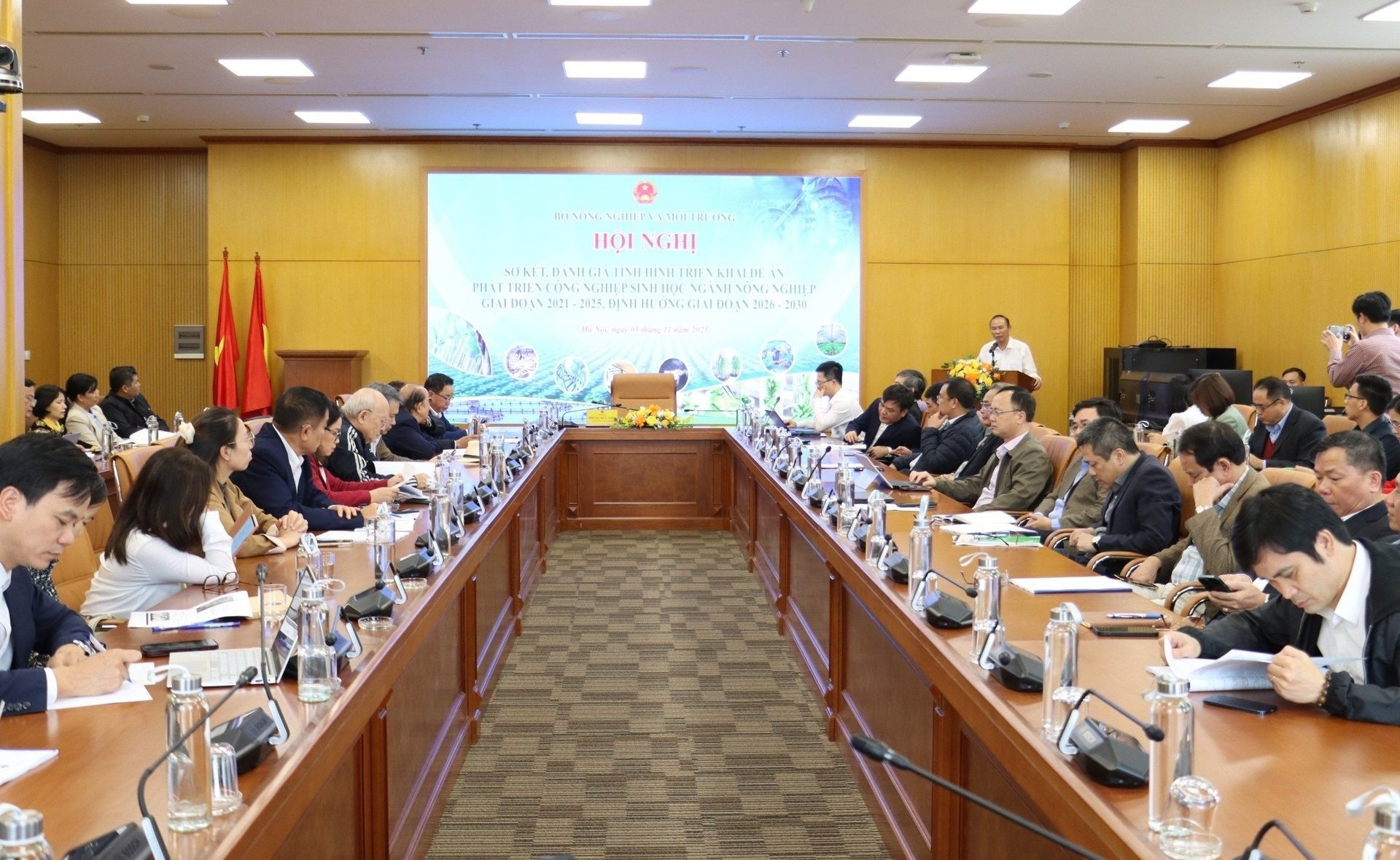
Deputy Minister Phung Duc Tien chaired the workshop "Reviewing and evaluating the implementation of the Project on developing biological industry in the agricultural sector for the period 2021-2025, with a vision for 2026-2030". Photo: Nguyen Thuy.
At this workshop, Deputy Minister Phung Duc Tien called on scientists, experts and businesses to cooperate, share experiences and propose specific and feasible solutions to promote the Project on developing agricultural biotechnology in the period of 2026-2030 into depth. “This is the most practical way to realize Resolution 57 in the agricultural sector, contributing to making biotechnology a solid foundation for an ecological, modern and globally integrated agriculture,” the Deputy Minister affirmed.
Sharing about the orientation of implementing the Project on developing biological industry in the agricultural sector in the period of 2026-2030, Associate Professor, Dr. Nguyen Huu Ninh - Deputy Director of the Department of Science and Technology said that the Ministry of Agriculture and Environment has determined that the focus in the coming time is to increase investment, innovate policy mechanisms, promote research, technology transfer, support businesses and train high-quality human resources, aiming to make biological industry a spearhead sector of Vietnamese agriculture in the period of 2026-2030.
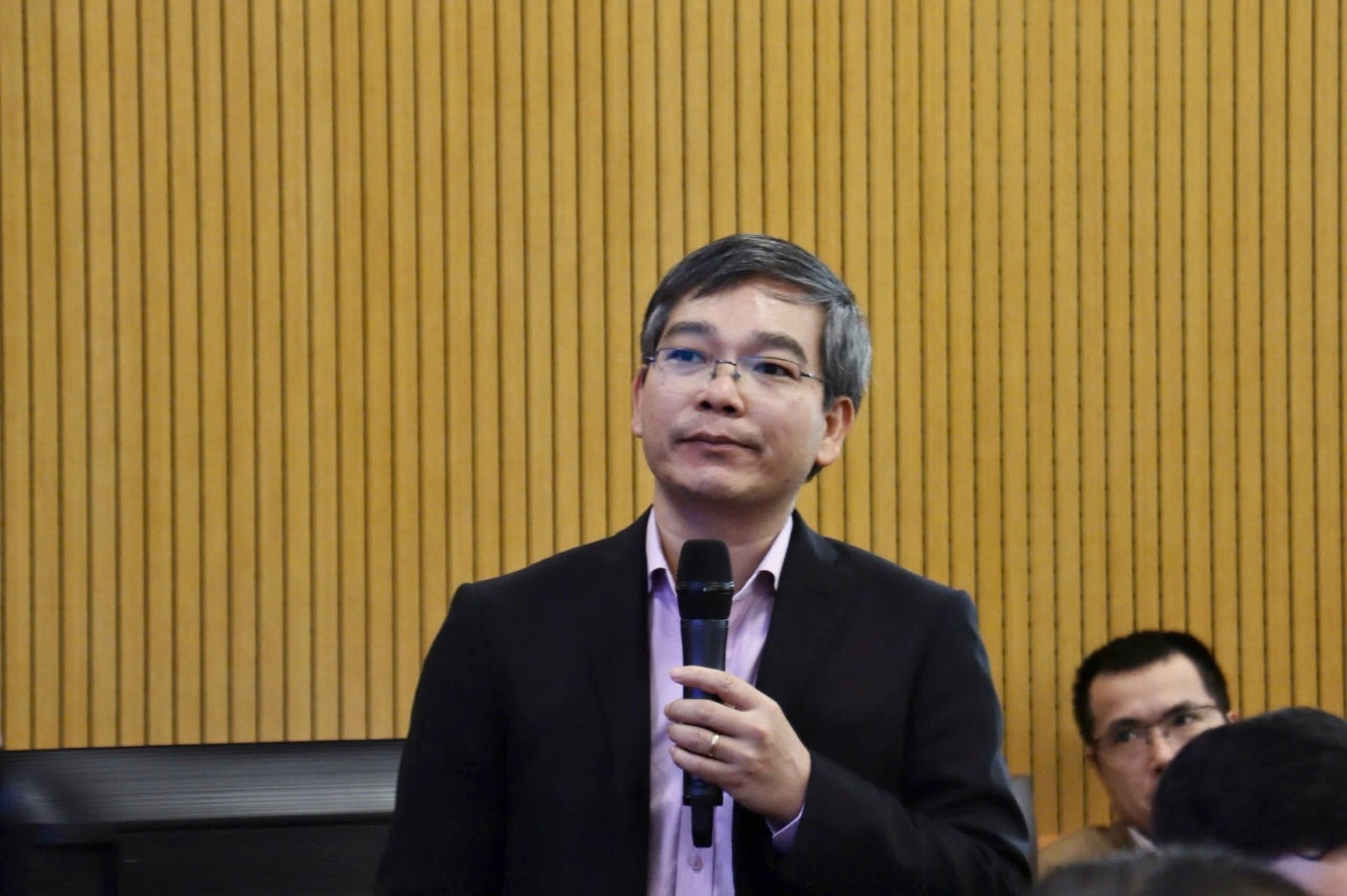
Associate Professor, Dr. Nguyen Huu Ninh shares the orientation for implementing the Project on developing biological industry in the agricultural sector in the coming period. Photo: Nguyen Thuy.
Accordingly, the industry will focus on investing in core technologies such as gene editing, cell cloning, recombinant proteins and biological enzymes - areas that have the potential to create breakthroughs in productivity, quality and product value. At the same time, it will build a national agricultural biological industry cluster, closely connecting institutes - schools - businesses, forming an interdisciplinary innovation ecosystem, promoting the application of research results to production practices.
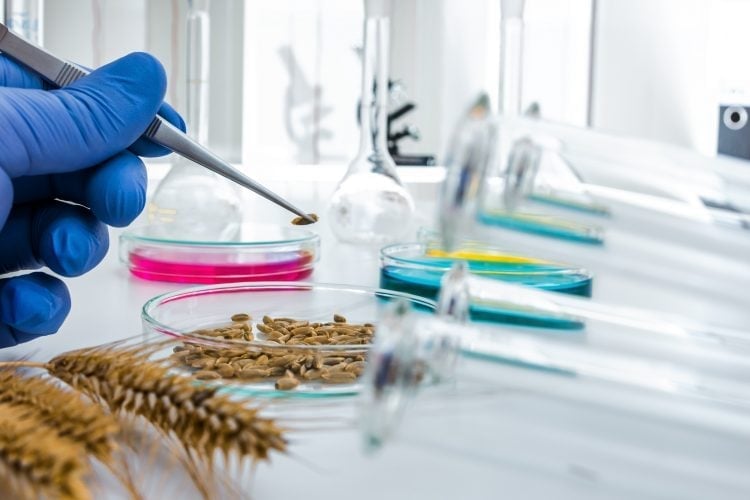
Making agricultural biotechnology a new driving force for green growth. Photo: Minh Anh.
In addition, the establishment of a genetic data center for crops, livestock and indigenous microorganisms is considered a key task, contributing to ensuring the sovereignty of national genetic resources and serving domestic research and breeding. The industry will also promote public-private cooperation, attracting international investment in areas with great potential such as veterinary vaccines, biological fertilizers, and biological products; at the same time, training high-quality human resources, closely linking research - production - commercialization, encouraging bio-startups and technology transfer.
“With these strategic orientations, the 2026-2030 period is expected to be a period of comprehensive development acceleration, turning agricultural biotechnology into a new driving force for green growth, contributing to improving competitiveness and affirming Vietnam's position in the global bio-economic value chain,” Associate Professor, Dr. Nguyen Huu Ninh affirmed.
Source: https://nongnghiepmoitruong.vn/dua-cong-nghiep-sinh-hoc-nong-nghiep-tro-thanh-dong-luc-moi-cho-tang-truong-xanh-d782548.html





![[Photo] Opening of the 14th Conference of the 13th Party Central Committee](https://vphoto.vietnam.vn/thumb/1200x675/vietnam/resource/IMAGE/2025/11/05/1762310995216_a5-bnd-5742-5255-jpg.webp)


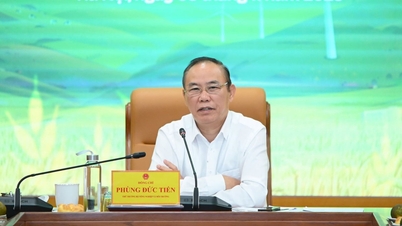

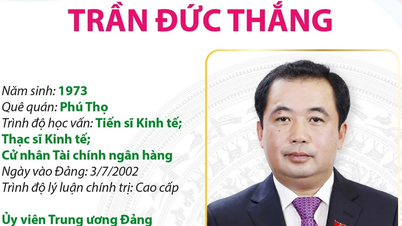

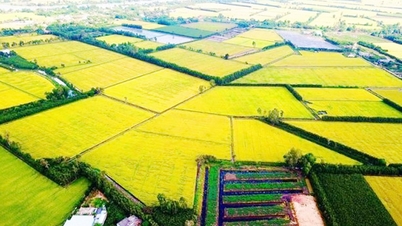

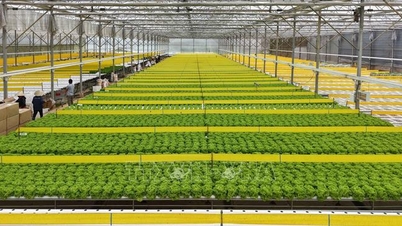
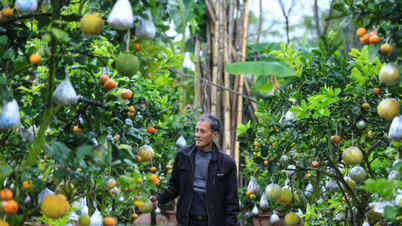
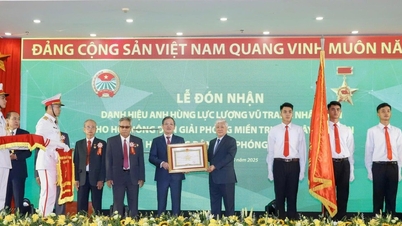

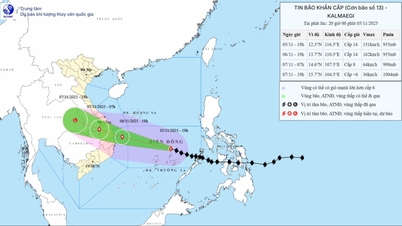
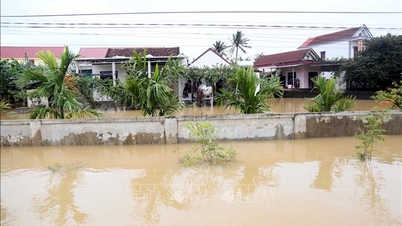

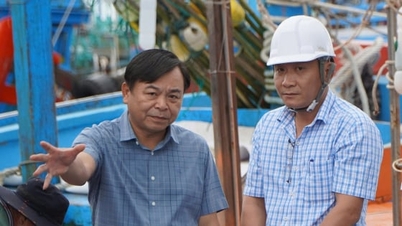
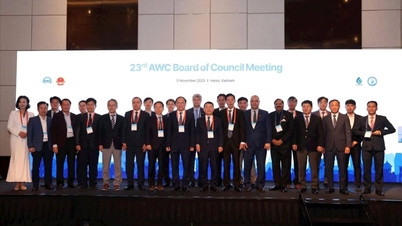








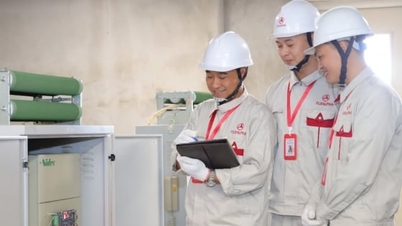
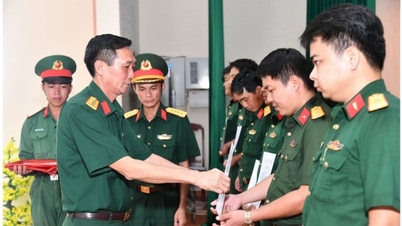
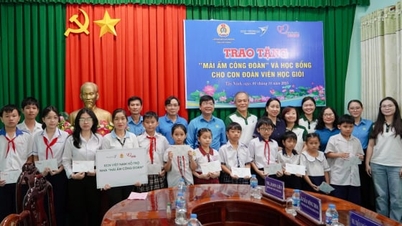
![[Photo] Panorama of the Patriotic Emulation Congress of Nhan Dan Newspaper for the period 2025-2030](https://vphoto.vietnam.vn/thumb/1200x675/vietnam/resource/IMAGE/2025/11/04/1762252775462_ndo_br_dhthiduayeuncbaond-6125-jpg.webp)



















































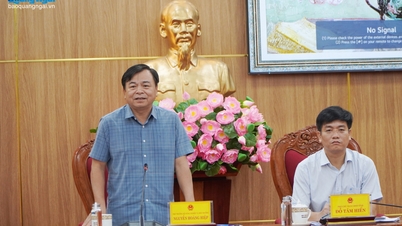



















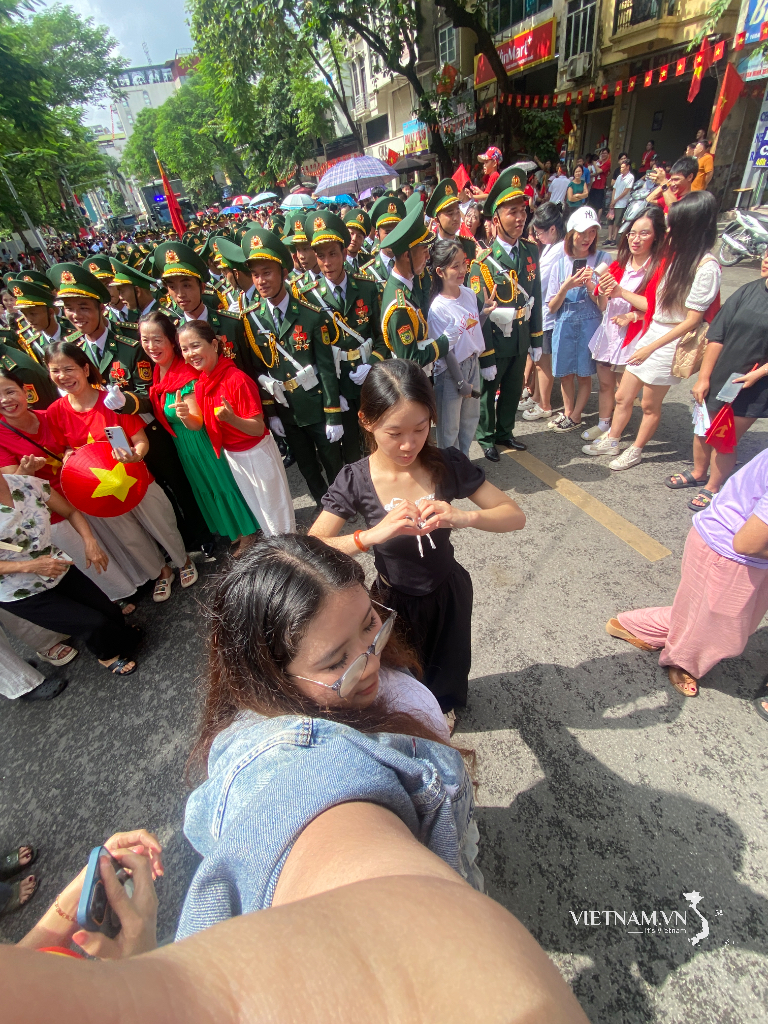

Comment (0)